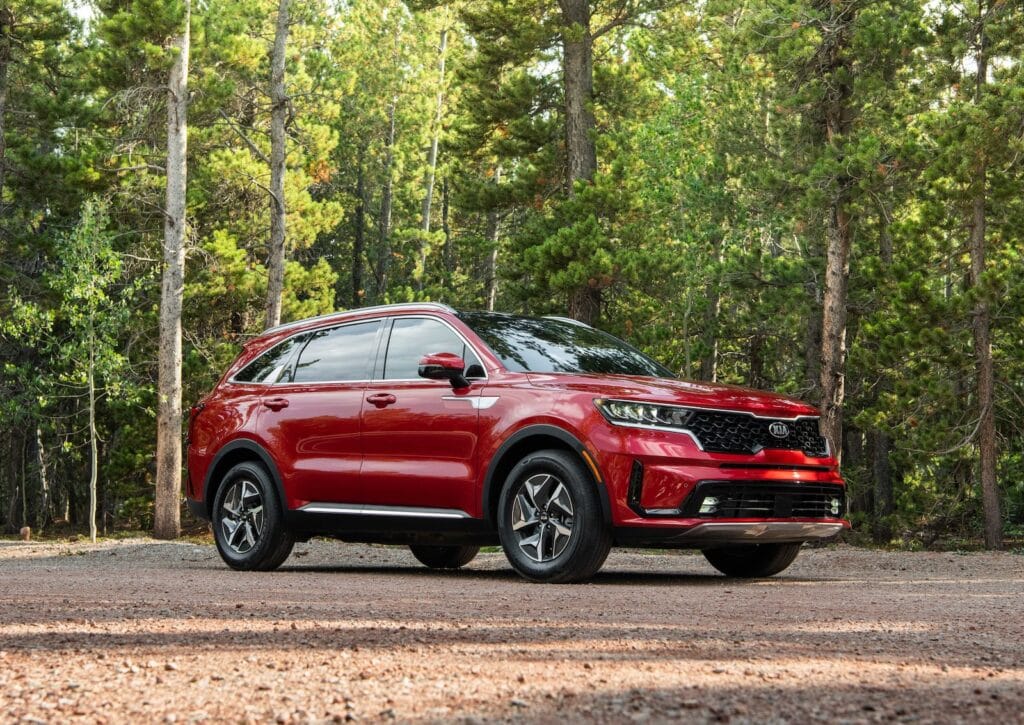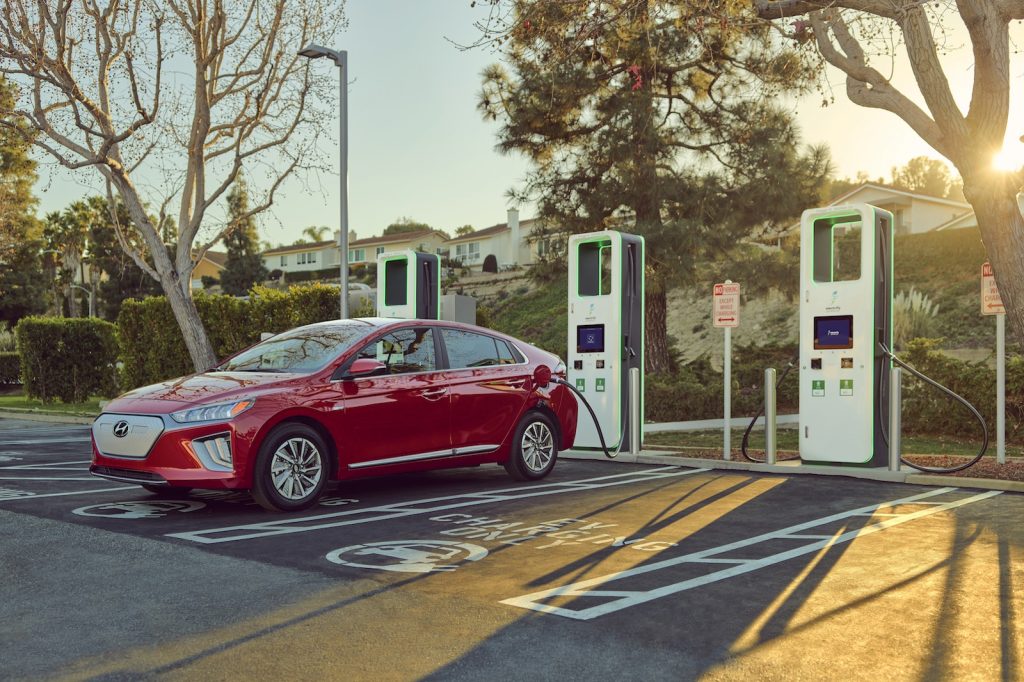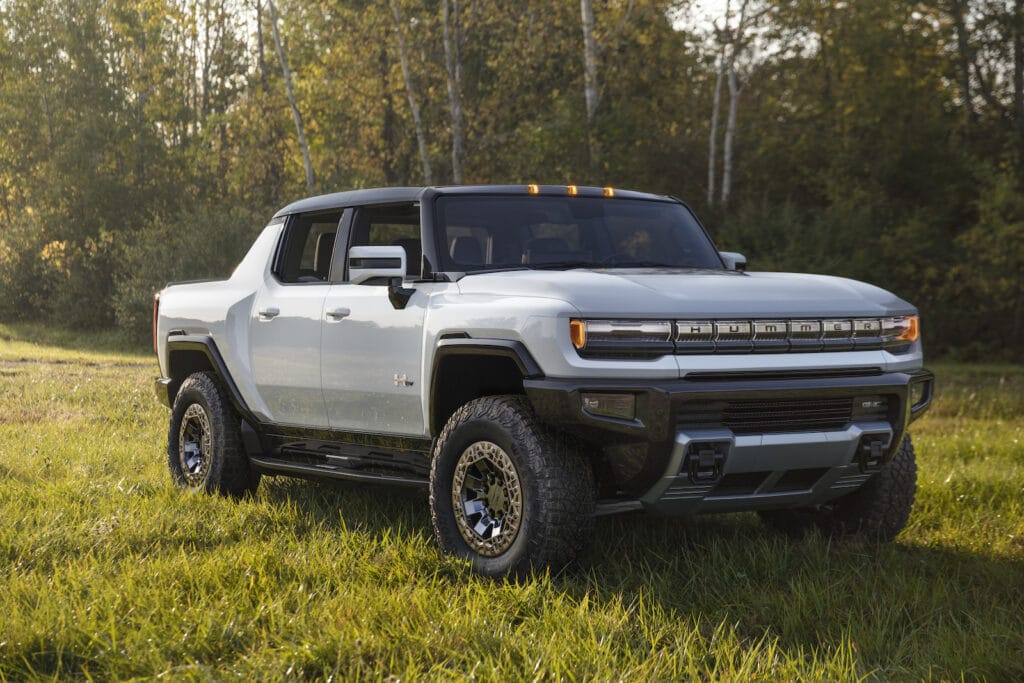Whether is a growing level of comfort, more charging stations coming online or soaring gas prices, electric vehicles attracting more potential converts.

A new study by the Smart Energy Consumer Collaborative, the Electric Vehicles: Driving the Customer Experience report, shows 41% of gas-powered vehicle owners are either very likely or somewhat likely to consider either a battery-electric or a plug-in hybrid vehicle the next time they buy a car.
The number jumps to 60% when asking hybrid owners if they would consider buying a fully electric vehicle for their next new car purchase. The numbers suggest the reticence of non-electric vehicle owners is waning and the reason for that seems clear: familiarity.
With nearly 1.5 million EVs on the streets and countless media reports about the wave of EVs coming in the near future, it appears that people are simply becoming more comfortable with the idea.
“(I)t is likely that consumers are seeing EVs more often as they go about their daily routines,” the report noted. “Some may have friends or family that drive one. There may be charging stations in their neighborhood or at their workplace. All this generates curiosity and interest. What’s missing is knowledge and personal experience that drive consumers’ curiosity into action.”
Finding out about EVs
New owners may still experience some unpleasant surprises, such as more limited range than they might expect. But there are other benefits that lead both new owners and EV “veterans” to report high levels of satisfaction, Power’s 2022 U.S. Electric Vehicle Experience Ownership Study reveals.

EV owners are overwhelmingly satisfied with their cars, but they aren’t necessarily a top resource for those looking at buying one.
Non-owners lack familiarity and knowledge about EVs, their batteries and charging infrastructure. Only one-quarter (26%) have a friend or family member with an EV, and even fewer have ridden in or driven an EV (17% and 9 percent).
So how do they get information about EVs? The internet.
General internet searches are the most common method of gathering information on EVs (36% of the population starts here), followed by vehicle manufacturers (23%), friends/family (17%), dealers and automobile magazines and websites (14% and 13%, respectively), the report noted. However, the internet often leaves out details that buyers may find important — important enough to change a buying decision?
“For example, owning an EV substitutes the electricity provider for the neighborhood gas station as the provider of fuel. Simple enough to understand, but consumers are unlikely to contact their electricity providers when they’re doing their EV research and making their purchase (only 4% think of their electricity provider as a source of information),” the report stated.
As a result, they miss out on the fact that many utilities offer a rebate for buying an EV or offer special charging rates for EVs that are dependent upon the time of day. Many utilities will offer lower prices on home charging stations as well.

Oldies but goodies
Despite the optimistic numbers, there are still concerns about EV ownership — most of which are relatively familiar.
Among consumers who are unlikely to consider an EV, half are “concerned that the battery will not have enough range to get me to where I need to go”. Forty-eight percent are concerned about maintenance and battery costs, and 47% are concerned that the battery will not be reliable or will leave them stranded. This lack of education is a key area of opportunity for electricity providers and other stakeholders.
One interesting finding from this research is that 33% of non-EV owners said they would be interested in purchasing an EV if the cost was the same as a gas-powered vehicle.
“When we probed further about what they wanted to pay for that EV, we found that many consumers are willing to pay a bit more for the EV than they paid for their last gasoline-powered car,” the report noted, adding “This is particularly evident at mid-price points between $30,000-$49,999.”







